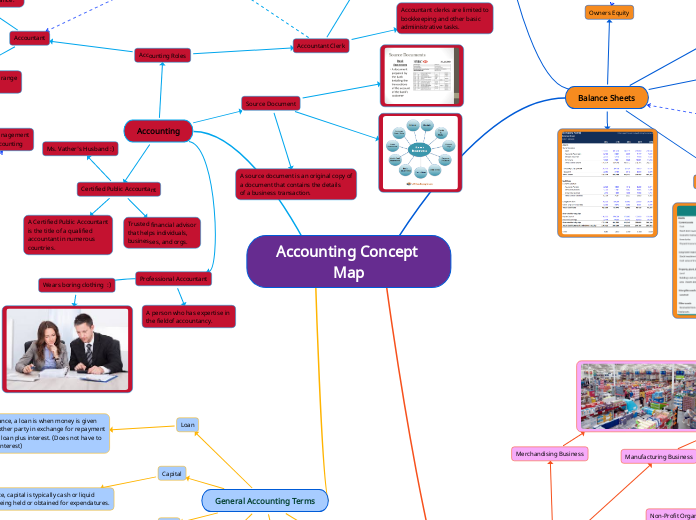Accounting Concept Map
Balance Sheets
Assets
Accounts Receivable
Accounts receivable refers to any money
that is owed to a person or company.
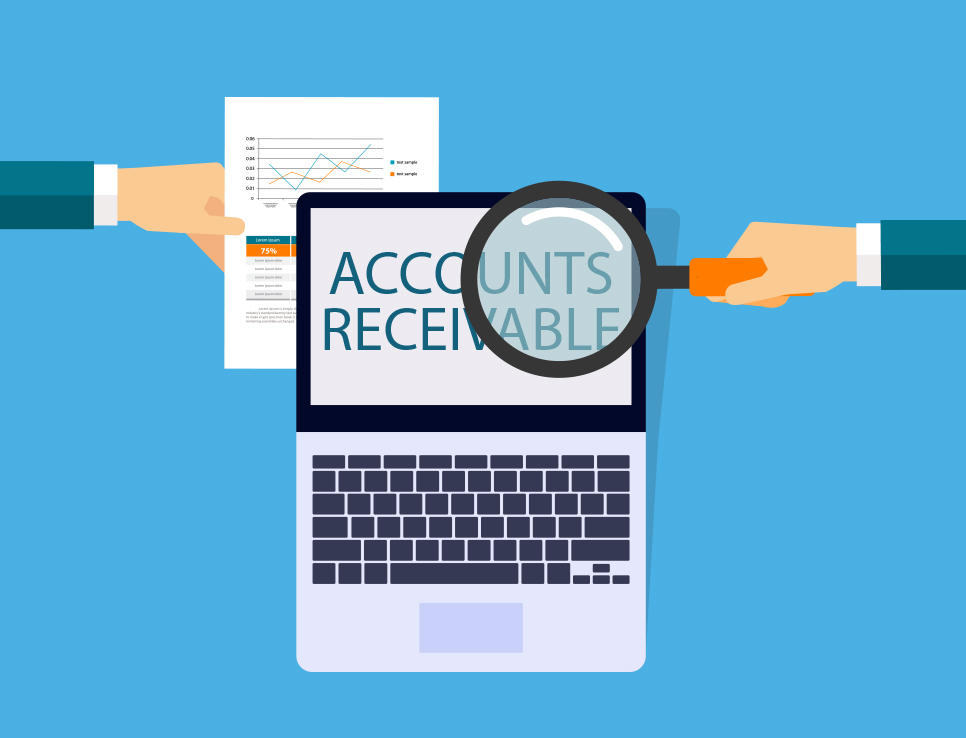
Cash

Equipment
Any equipment that the business owns.
Supplies
Any supplies that the business owns.
On a balance sheet, the assets
are put in order of liquidity with
most liquifiable on the top.
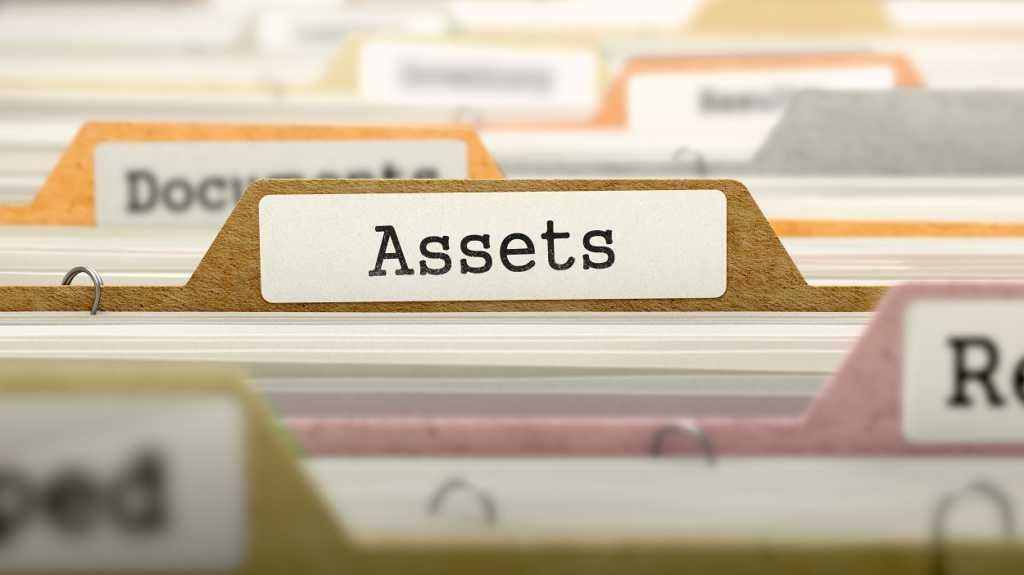
Classified Balance Sheet
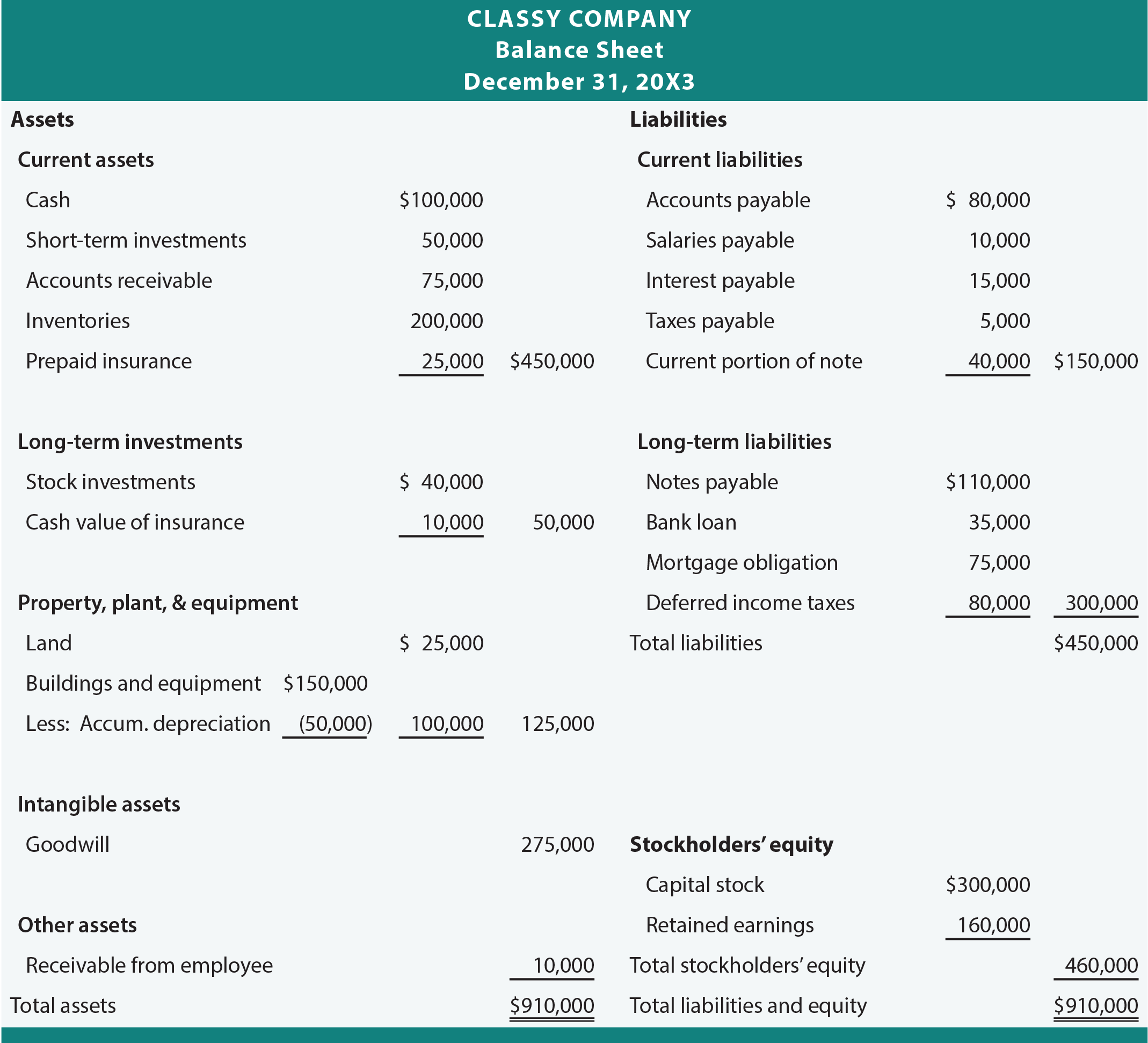
A classified balance sheet is similar to a
balance sheet, but it keeps out certain
topics like current assets and liabilities,
long term assets and liabilities, and others.
Two very similar
concepts
Liabilities
Loan
The lending of money to your
business from a bank.
Mortgage
Similar to a loan but
usually used for larger
purchases like land or
buildings.
Very similar.
Accounts Payable
Money owed to a person or comapny.


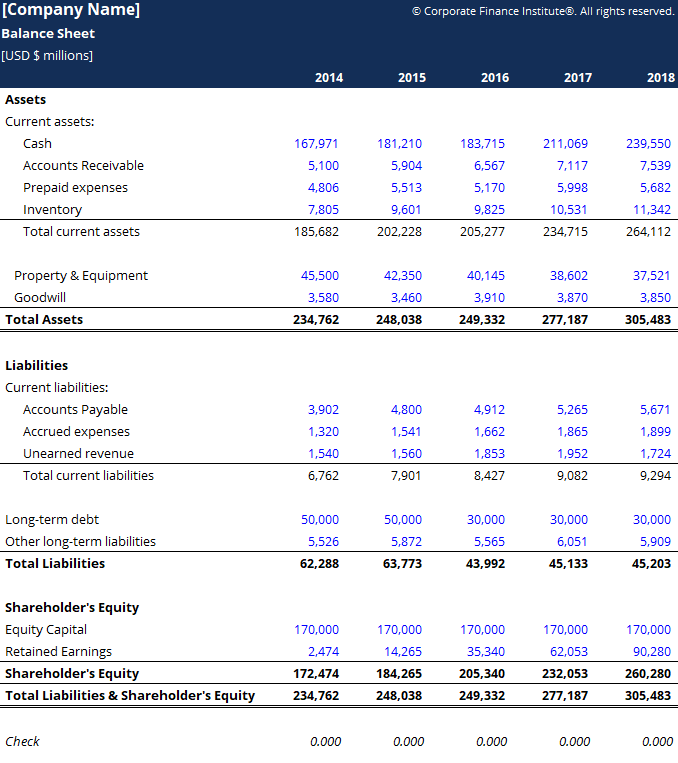
Owners Equity
A balance sheet is a summary of the financial balances
of an individual or organization. On a balance sheet you
can see things like assets, liabilities, and owners equity.
Businesses
Levels of Business
Sole Proprietorship
A type of enterprise owned
by a single individual.
Usually these business are smaller
and more local businesses.
Partnership
A type of enterprise owned
by a pair of people.

Corporation
A corporation is a legal business that is
seperate from its owners.

Any type of business can
also be any level of business.
Types of Businesses
Service Business
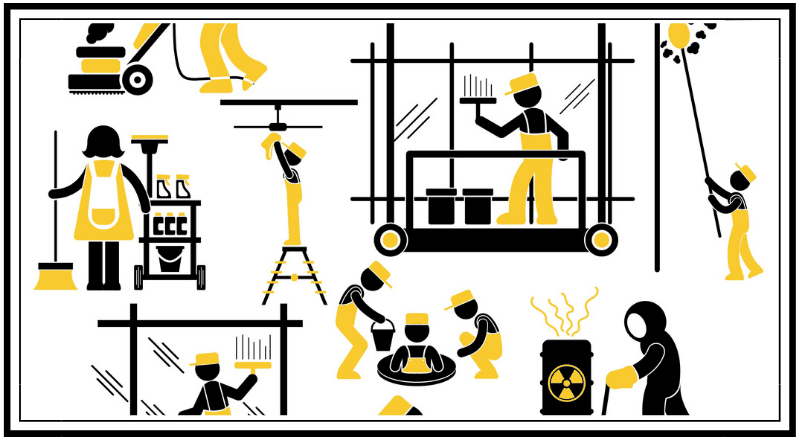
An example of a service
business that is also a
corporation would be
TD Bank.

Merchandising Business

Manufacturing Business

Non-Profit Organization

Accounting
Accounting Roles
Accountant
In order to become a Certified Public Accountant,
the highest level of accounting in the USA, you
must have your bachelor's of accounting, 30 hours
of extra studying, pass 4 exams in 18 months, and
amass two years of accounting work experiance.
Unlike an accountant clerk, there is a wide range
of sub fields an accountant can be.
Management
Accounting
Taxation
Auditing
An accountant may choose
to specialize in any of these
fields or more.
Accountant Clerk
Similarities
Both of these roles
participate in the
accounting cycle.
Both roles have to be
very strong with numeracy
skills because they use
them daily.
Both roles have to have
strong communication
skills because they may
deal with customers with
little to no background in
the accounting process.
A high level of education
is not required for an
accountant clerk to have.
A high school diploma
will suffice.
Accountant clerks are limited to
bookkeeping and other basic
admiinistrative tasks.
Professional Accountant
A person who has expertise in
the fieldof accountancy.
Wears boring clothing :)
Certified Public Accountant
Ms. Vather's Husband :)
A Certified Public Accountant
is the title of a qualified
accountant in numerous
countries.
Trusted financial advisor
that helps individuals,
businesses, and orgs.
Source Document
A source document is an original copy of
a document that contains the details
of a business transaction.

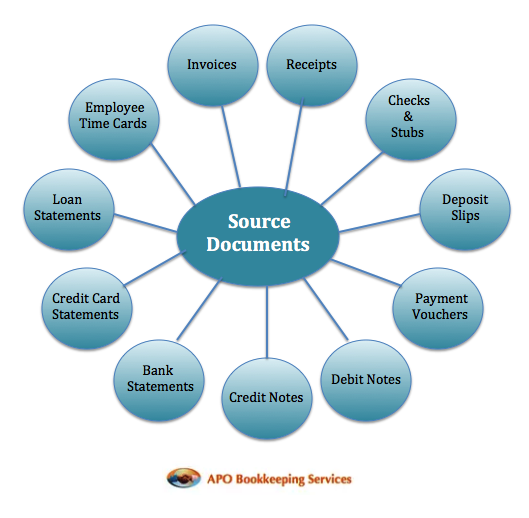
General Accounting Terms
Capital
In finance, capital is typically cash or liquid
assets being held or obtained for expendatures.
Loan
In finance, a loan is when money is given
to another party in exchange for repayment
of the loan plus interest. (Does not have to
have interest)
Debt
In finance, debt is an amount
owed for funds borrowed.
Expenses
In finance, an expense is a cost of
operations that a company incurs
to generate its revenue.
Subtopic
Net Worth
In finance, net worth is described
as the total wealth of an individual,
company, or household.
Invest
In finance, investing is money spent
with the expectation of achieving a
profit or material result in the futurre.
Everything on a balance sheet
is classified as an asset,
liability, or owners equity.


